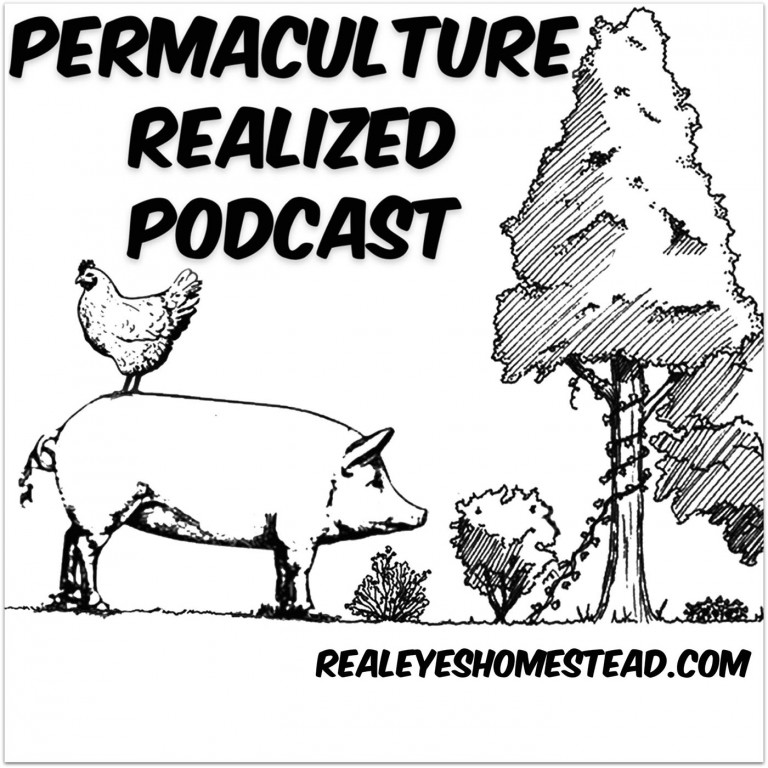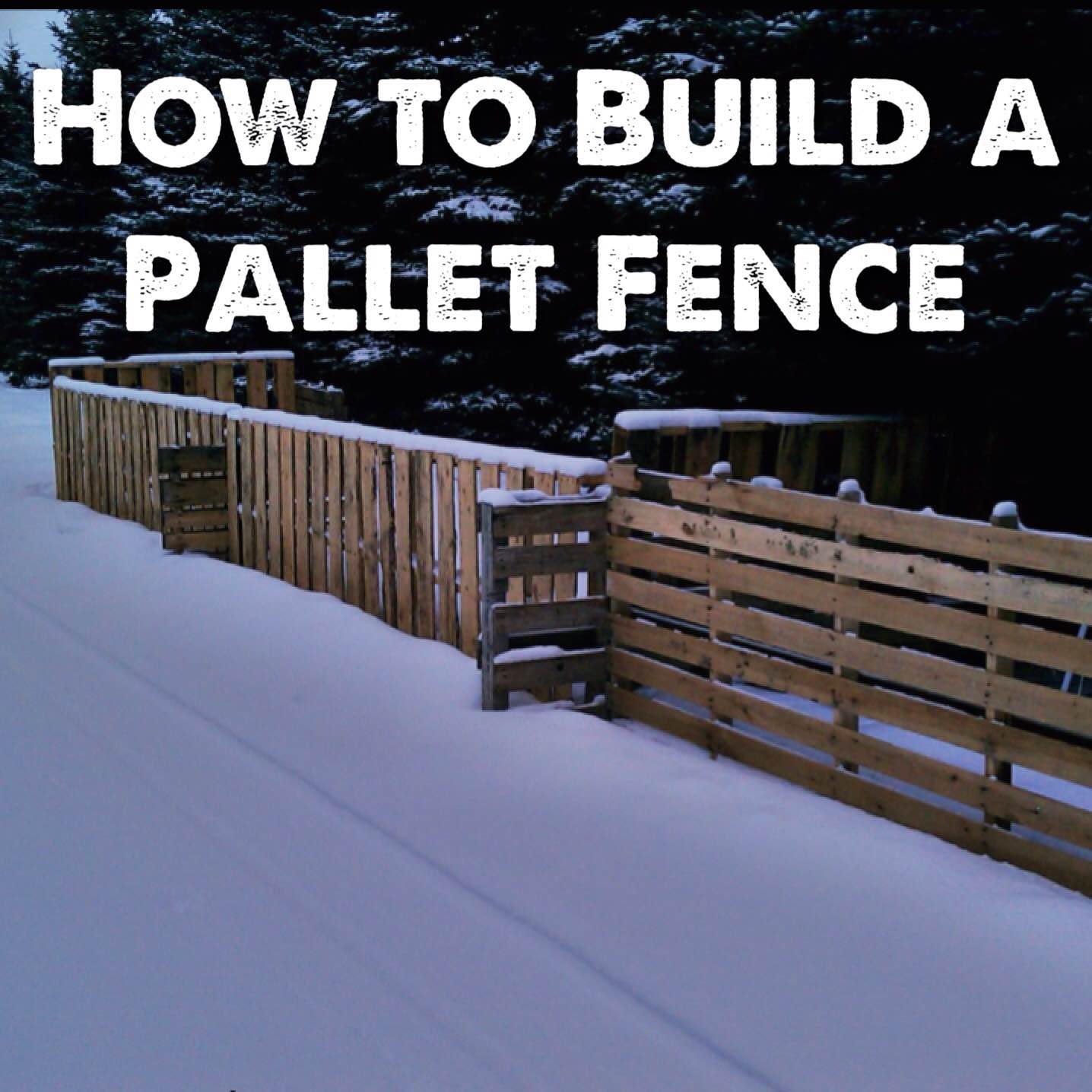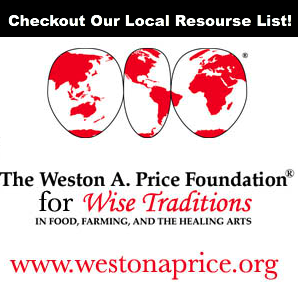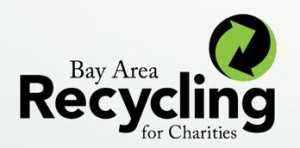Permaculture Realized Podcast Episode 12, Putting the Art in Permaculture with Penny Krebiehl

Episode 12, Putting the Art in Permaculture with Penny Krebiehl,
Lately I’ve been trying to figure out how to make our farm into an economically viable business. Almost every time I run the numbers on some new enterprise; meat birds, pigs, veggie CSA, composting etc, it usually ends up that in order to make a modest income with it, we would need to scale up the operation beyond the healthy carrying capacity of our land, and have multiple laborers who get paid shit, so that it could be profitable. I was reading a USDA survey that stated that on average in the US, 85-95% of a small farms household income comes from off-farm sources.
Then I took a look at other farms in the area that seem to be making it work financially and what I noticed is that most of them are actually subsidized in some way. First, looking at labor, some farmer families made it work by having a number of children who provided free labor for the farm. Other farms paid poverty wages to immigrants or locals. Some farms have interns, volunteers or WOOFERS who provide a source of cheap labor. And then some farmers live an unbalanced lifestyle, working all day, every day like a marathon runner.
Some farms are subsidized by one of the partners having a decent paying job outside the farm. Or both partners have full-time jobs, and run the farm on the side. Some farms heavily rely upon government grants and programs to keep them in business. And still others live frugally so they can stay under the poverty line and receive government healthcare and food benefits, which is another way of subsidizing the farm. Then some farms use agri-tourism to get more revenue from tourists, or through educational workshops.
I guess I naively thought it was possible to do an honest days work, pay workers a decent living wage and grow healthy, ethical food for your community. But it seems that our current economic system is stacked against this.
We’ve all heard the theory about how mechanization of production replaces jobs that one, or many people would perform. Well, I think there’s a secondary consequence of this process too. The mechanization of production drives down the prices of commodities to such a degree, that a business that produces the same product using human labor instead cannot compete. So this mechanization is actually a form of monopolization of production into one, highly mechanized, high energy input form. And since we are now living in a globalized marketplace, it has this effect everywhere at once. Making human-scale production and business not economically viable.
I’m sure there are small, ecologically responsible farms that do make it work, but they are quite rare. If you know of some good examples or models for us to look at, please do share what you find in the comment section.
Anyways, those are just some of my idle pondering while I drive around.
Our guest today is a creative individual who brings the community together, and connects like-minded people. She teaches and spreads permaculture, she’s an artist, a garden-farmer, a teacher, and can make a real tasty pie. She’s my good friend, Penny Krebiehl. Listen in to hear how her stories weave together into the person she is today and the work she does.
Links:
- Upcoming PDC in Traverse City, MI
- Contact Penny: [email protected]
- Little Artshram
What I’ve learned about Penny, from knowing her for a number of years is that she is like a pioneer plant. She grows all over the place, and leaves the soil behind her better than it was when she arrived.
She is definitely the type of person that has to do her own thing, and I think we all benefit by the fact that she does it with such passion, and grace. Keep it up Penny!
That’s it for this episode of the Permaculture Realized Podcast. Thanks for listening.









Re: Making homestead agriculture living
Consider Curtis Stone up in British Columbia or Jean-Martin Fourtier (sp) also in Canada. Curtis did a year long weekly series with Deigo Foote on Permanculte Voice podcast (the Urban Farmer series). Both Stone and Fourtier have books on their successes.
FYI Fortunately I’m a retired field biologist living on 10 acre homestead over between Grayling and Gaylord. Having a nice pension plan I don’t have to rely on my homesteading for income consequently I focus on building community – i.e. Community pot lucks, give away produce, eggs, etc to the retirees in area. I sell a little, but generally (as you’ve noted) the available price is hardly worth the effort to prep it. I might give a farm stand a shot this year maybe.
Hi Dave,
Thanks for sharing those examples. I have listening to a few of the Curtis Stone podcasts on Permaculture Voices. As far as I can tell they’re doing it with intensive veggie production and selling to local restaurants and at farmers markets. I’ll definitely be reading more into their approach.
I like your approach with your homestead though. Community is really the critical part I think. Happy growing to you!